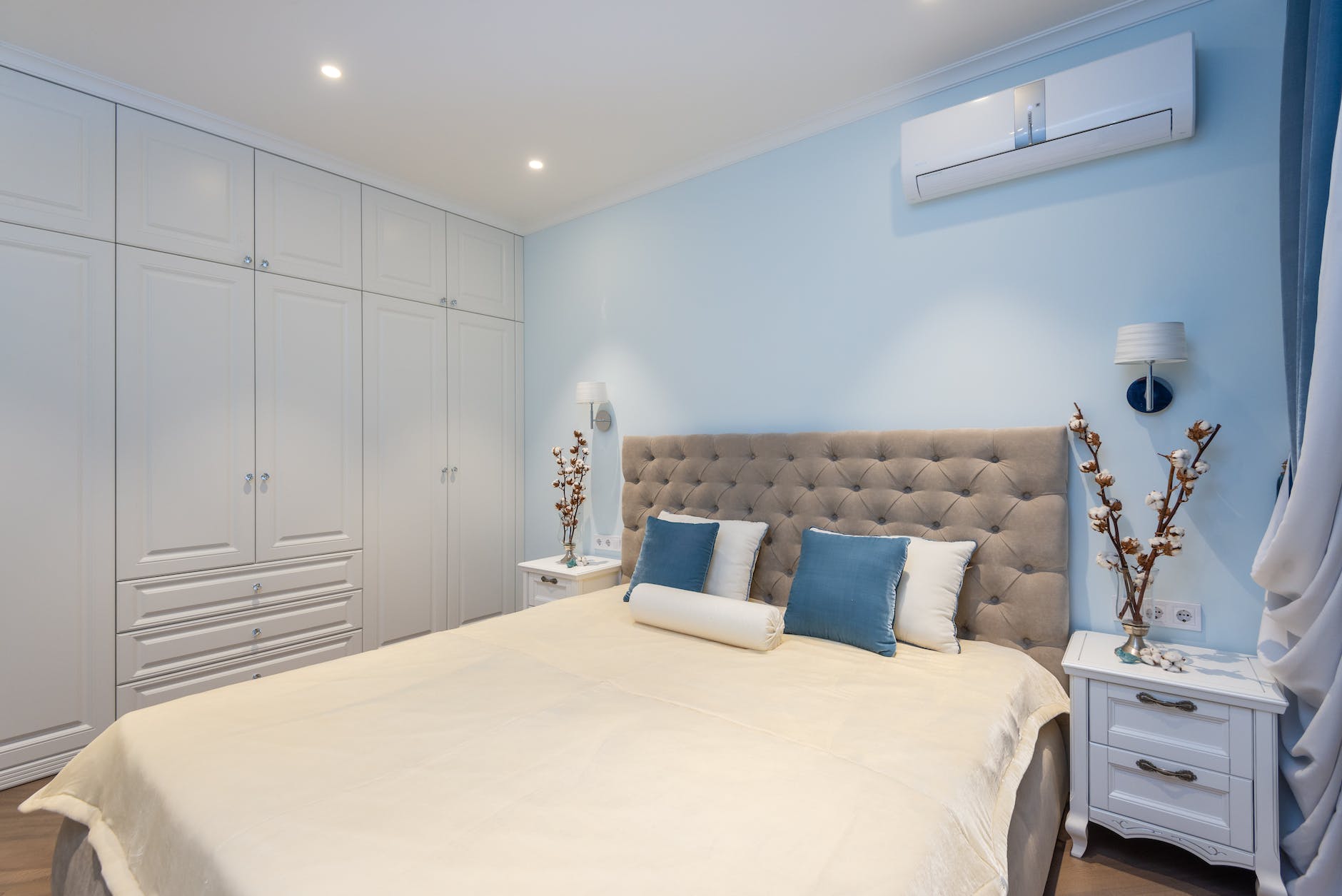
Home Air Conditioner
Air conditioning is a must-have item in any home. It can be used year-round and will save you money on your energy bills, as well as make your home more comfortable. You don’t want to just pick up any air conditioner though; there are several factors that will affect how much cooling power it has and how much money it will cost to operate over time. Here’s what you should look for when buying a new central air conditioner.
1. Know Your Budget
As you prepare to buy your new AC unit, it’s important to know what you can afford before contacting air conditioning contractors. So, you don’t want to overspend on your air conditioner but at the same time, you don’t want to underspend either. A good rule of thumb is that if you’re going to be spending more than $1500 on an air conditioning unit then it’s worth considering a window one instead of a central one. Window ac units tend to be less expensive than central air cooling systems because they are smaller and easier for contractors to install in your home.
Also remember that there will be additional costs involved with installing or replacing an existing cooling system like:
- Installation cost – This can vary depending on whether or not the installer has all their own tools and equipment, how easy it is for them to access your home etc. The price can range anywhere between $300-$1000+ depending on factors such as these mentioned above as well as the geographical location where work takes place (i.e., building codes).
- Maintenance Cost – Once installed, any equipment needs regular maintenance, just like any other machine would require the oil changed periodically on cars or boats, etc. Also, you can use the company that installed your AC for maintenance and repair or search for air conditioner repair near me.
2. The Size of the Space
The first thing you need to consider when choosing a unit is the size of your home. If you live in a small apartment and don’t have central air, then you should get an indoor unit that can cool your entire place. If you live in a larger home and have room for multiple units, then it will be more efficient to purchase multiple window units that each cover one or two rooms instead of buying one large window unit that takes up half your wall space.
When choosing the size of an indoor air conditioner, there are three main factors: 1) The size of your home, 2) How much space you need cooled (and where), and 3) What kind of windows are in each room (double hung vs slider). Some cooling systems are designed as package units they’re basically ductless versions of split systems.
3. Choose Between Window ACs and Split ACs
There are two types of air conditioners: window and split. Each has its own benefits, but they’re not always the best choice for every situation.
Window ACs are cheaper than split systems, but you’ll need to take into account how much space you have available in your home or office. Window units require more room because they must be installed on an exterior wall (unless you’re willing to invest in some DIY skills). Split ACs can be placed in smaller spaces like closets or hallways without taking up too much space.
Split systems cool larger areas faster and are better at keeping your entire home comfortable, especially if there’s poor ventilation in one area of your house or office building. They also tend to be more efficient than their single-zone counterparts since they take advantage of natural airflow from outside by circulating cool air throughout the entire area instead of just in one room.
4. The Type of Compressor
The type of compressor can also affect how well an air conditioner works. There are two types of compressors: scroll and piston. Scroll compressors are usually more efficient, but also more expensive and prone to failure. Piston compressors tend to be less efficient than scroll units, but they’re cheaper and less likely to break down or need repairs. Compressors with variable-speed motors tend to be quieter since they don’t have a constant high-pitched whirring sound like traditional units do. These models rely on technology that allows them to slow down when there’s not much heat being produced by your home so that they don’t overwork themselves or make annoying noises while they’re running at full speed which only happens when your house is really hot.
5. Efficiency Ratings
The efficiency rating of a home air conditioner is based on its cooling capacity. The larger the cooling capacity, the more efficient it is at lowering your energy bills. You can figure out how many stars to expect from an AC by multiplying its BTU (British thermal unit) output by 3.41, then dividing that number by 20: 7-8 BTU/hr = 1 star, 9-10 BTU/hr = 2 stars, 11-12 BTU/hr = 3 stars, and 13-14 BTU/hr = 4 stars.
6. The AC’s Features
Different ACs have different features. Some are more powerful and more expensive than others. Here’s a quick rundown of some of the most important features to look for in an air conditioner, along with the pros and cons of each:
- Fan Speed Settings & Airflow Control: These settings allow you to control the airflow coming out of your AC unit and how fast it comes out. High-end models often have many fan speed settings and airflow modes, but low-end models may only have one or two settings (and no way to control how fast they blow). This is an especially important feature if you live in a very warm climate where high temperatures require frequent cooling throughout the day, you’ll need a system that can keep up with those demands.
- Cooling Settings: Most portable AC units will come equipped with multiple cooling modes based on whether they’re intended for use indoors or outdoors; these include “Cool Only”, “Heat/Cool”, “Cool/Fan” mode options as well as dual temperature displays (°C & °F) so users can adjust their settings based on their needs around town during hot weather season periods when everyone wants their homes cooled down ASAP because no one likes sweating all day long while going about daily activities like working at home which means taking breaks every hour just so you don’t pass out from heat exhaustion because let’s face it nobody wants this happening during peak working hours.
Conclusion
Hope you’ve found this guide helpful, whether you’re in the market for a new AC or just curious about what makes them tick. There are so many options out there that it can be overwhelming, but hope this helped take some of the guesswork out of choosing one right for you.






